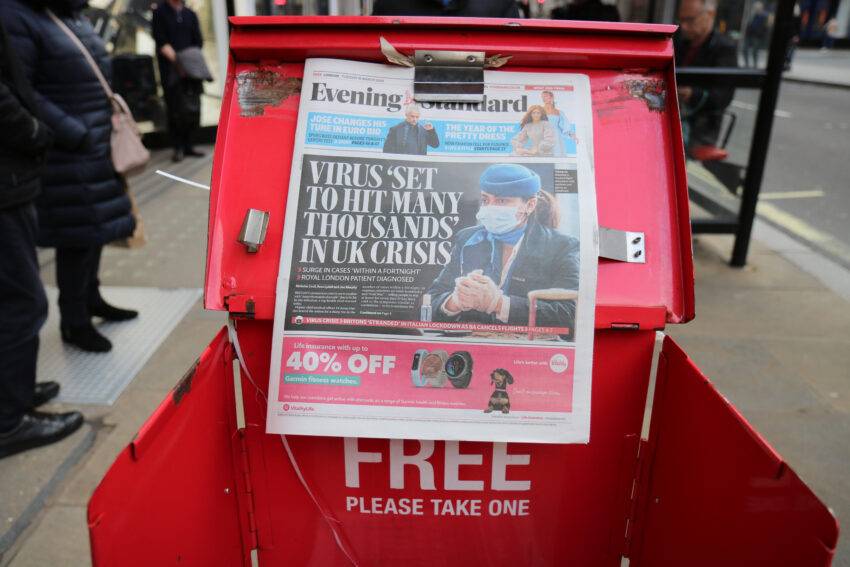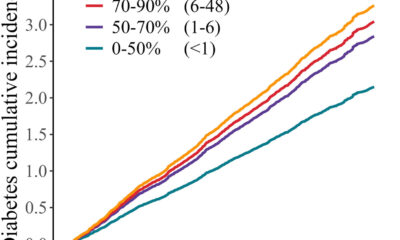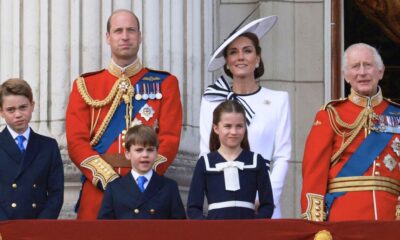Business
Evening Standard is scrapping daily printing paper and blaming working from home for its demise

The Evening Standard has announced plans to ax its daily print edition and move to a weekly format as it grapples with the impact of remote working and improved Wi-Fi on the London Underground.
The London-based freesheet informed staff on Wednesday that it will discontinue daily publication and introduce a weekly edition instead. The fate of the weekly ES Magazine is also uncertain, as discussions are ongoing about a possible reduction in publication frequency.
In a memo to staff, the Standard cited unsustainable losses and outlined plans to “reshape the business” to ensure long-term viability. The transition aims to provide deeper analysis and cover a wider range of topics, from entertainment and lifestyle to sports and culture.
The Evening Standard, owned by Russian-born billionaire Lord Lebedev, is struggling with declining readership and falling advertising revenues, exacerbated by the COVID-19 pandemic. The shift to remote work and increased mobile connectivity to public transport have further reduced the commuter population. In October, the newspaper’s print circulation fell below 300,000 for the first time since it became a free newspaper in 2009, after a peak of more than 900,000 in 2016.
Rising inflation and rising printing costs have also had an impact on the newspaper, which has reduced its average page count from 70 a decade ago to around 30. Despite attempts to diversify through sponsored content and live events, advertising remains the main source of income. The company claims a monthly UK audience of 12 million people, with significant traffic from outside London and abroad.
To support the publication, Lord Lebedev has provided loans totaling at least £29 million over the past two years, with the newspaper reporting a loss of £16.4 million in 2022. Additional funding is needed to sustain operations, and Lord Lebedev has committed to providing support for a further 12 months.
The Evening Standard, founded in 1827, has experienced significant managerial turmoil in recent times. It remains without a permanent CEO following the departure of Charles Yardley and his interim successor Rich Mead. Editorial leadership has also seen changes, with former GQ editor Dylan Jones taking over as editor-in-chief after Emily Sheffield’s short tenure ended in 2021. Under Jones, the paper has attracted high-profile columnists such as artist Tracey Emin and journalist Michael Wolff.
Lord Lebedev, who is also co-owner of The Independent, has come under increasing criticism, especially after Russia’s invasion of Ukraine. His nomination to the peerage by former Prime Minister Boris Johnson in 2020 sparked controversy, especially after his father, ex-KGB agent Alexander Lebedev, was sanctioned by Canada. Despite these challenges, Lord Lebedev has publicly denounced the Kremlin and called for an end to the war in Ukraine.













